The Concept that Defies Identity
The Alters, developed by 11 bit studios, is one of those games that surprises by going beyond conventional ideas. Known for titles such as This War of Mine and Frostpunk, the Polish developer once again delivers an experience with a deep, emotional, existential and challenging tone, which mixes elements of survival, science fiction and resource management with a strong narrative load. The Alters is a game that takes risks in its proposal and, most of the time, succeeds masterfully.
In this analysis, we’ll unravel the mysteries and layers of each self in The Alters.
The Premise: One Man, Many Selves
In The Alters, you play as Jan Dolski, an ordinary worker on a space mining mission that quickly turns into a nightmare. After an accident, Jan finds himself stranded on a hostile planet, with a sun that moves in space and is getting closer and closer, making his stay on the planet unsustainable. With no communication with Earth and limited time to escape, Jan must find a way to survive, and this is where the game's central concept, the "Alters", comes in.
With access to an experimental technology based on the manipulation of crystals (Rapidium), a mineral with quantum cloning properties, Jan creates alternative versions of himself, the so-called Alters, each with different characteristics and stories, based on life choices he could’ve made. What if he had been an engineer instead of a miner? What if he had pursued a medical or military career? These possibilities are realized as independent characters, each with unique personalities, memories and motivations of their own.
This premise raises questions about identity, free will, regret and purpose. And the game isn’t afraid to explore these in depth.
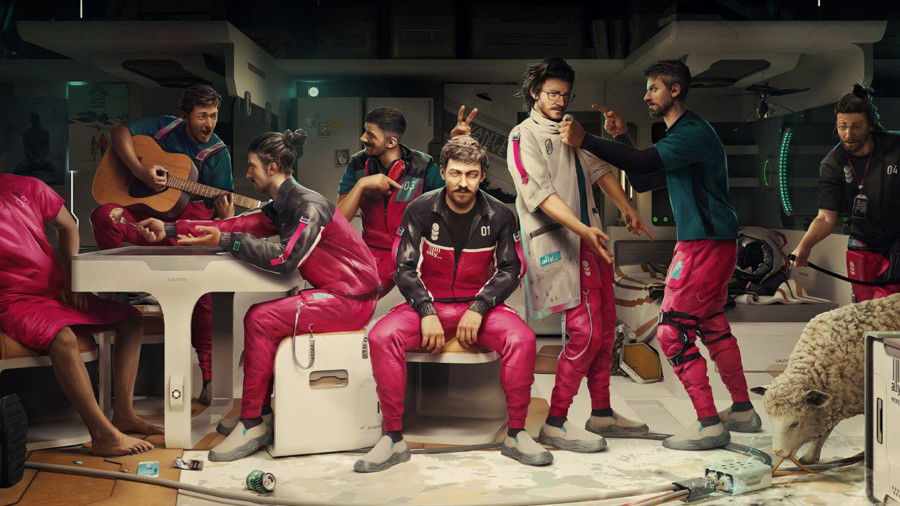
Gameplay: Survival, Management and Dilemmas
At first glance, The Alters resembles a real-time construction and management game, with a mobile station (the survival ring that Jan builds) that needs to be kept running while you explore the planet, gather resources, manage energy, and prepare your escape.
But the game's real selling point is in the management of the Alters. Each of them is essential to keeping the base running. An engineer Alter fixes systems, a botanist Alter grows food, a psychologist Alter takes care of the mental health of others, and so on. But it's not all sunshine and roses; managing these multiple "selves" isn’t as simple as simply assigning tasks. They have desires, resentments, and even existential crises.
The interaction between the Alters and Jan is where The Alters really shines. The conversations are deep, full of moral and personal dilemmas. Some Alters may rebel, question their existence, or even refuse to cooperate. There are moments of emotional tension, such as when one Alter accuses Jan of cowardice for not pursuing a different career, or when another becomes obsessed with proving that he’s the real Jan.
This system makes every decision have an impact on the player's choices. Creating a new Alter can be essential to your survival, but it can also bring more problems and instability to the group. The player must constantly balance the operational needs of the station with the emotional health of their multiple selves.
Understanding the logic of the gameplay, The Alters is divided into three pillars that are interconnected:
1. Calculated Risk Exploration
- Leave the mobile base (a giant wheel) to collect resources under a radioactive sun that advances daily.
- Use anomalies (floating entities) as energy sources, but be careful, you need to manage your danger with tools like a Ghostbusters-style "proton pack".
- The day/night cycle is an urgent factor, as sun exposure is lethal, and nighttime radiation requires filters.
2. Modular Base Management
- Build rooms (dorms, labs, social areas) 2.5D diorama style, somewhat inspired by Fallout Shelter and XCOM.
- Modules can be freely repositioned, leading to optimization at no extra cost.
3. Managing Alters and Ethical Conflicts
- Assign tasks based on each one's skills (e.g. Scientist for research, Botanist for food).
- Keep your clones sane with humanized interactions, such as watching comedy shorts, playing beer pong or offering personal items.
- Your dialogue choices affect loyalty. A forgetful Alter can sabotage the base or, in extreme cases, commit "Altercide"... seriously, they do that.
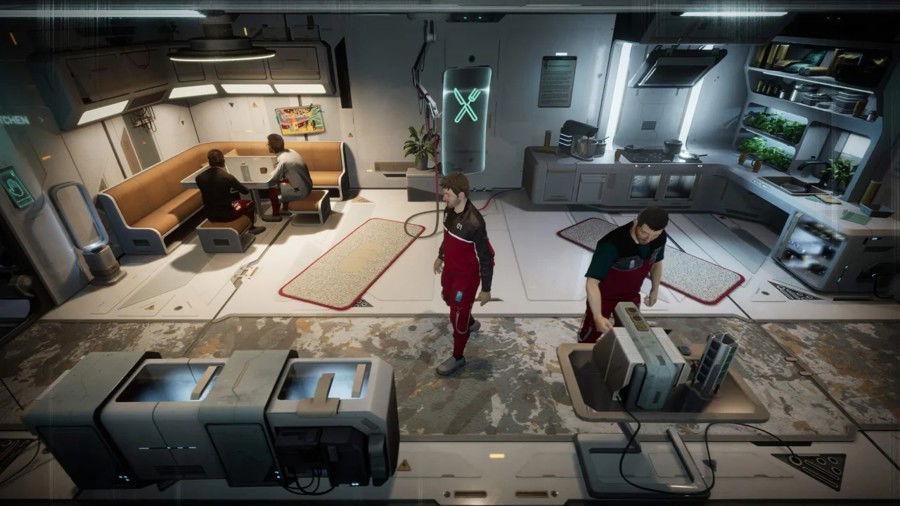
Narrative: Existentialist Sci-fi
The strongest point of The Alters is undoubtedly its narrative. Set in a science fiction setting, the game offers a reflection on what it means to be yourself. Through the deep dialogues with the Alters, Jan (and the player) are forced to revisit life choices, traumas, regrets and lost hopes.
The dialogue writing is refined, with complex and well-developed characters. Even though they’re "just" alternative versions of Jan, each Alter feels like a distinct person. The interactions are full of ethical and philosophical dilemmas that aren’t easily answered, and that’s precisely the beauty of the game.
The narrative unfolds in layers, the limited time before the sun renders the planet uninhabitable adds urgency to progress, but the heart of the game is in the small moments, a coffee shared between two Alters, a midnight conversation about lost loves, or the difficult decision to deactivate an Alter for logistical reasons. The Alters is a story about survival, but above all, about identity and acceptance.
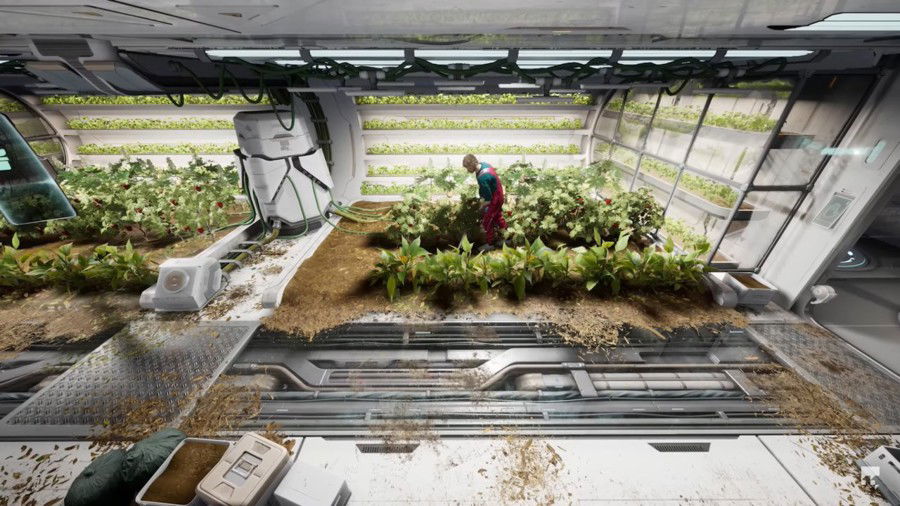
Visual and Art Direction
Visually, the game has an industrial sci-fi aesthetic. The station environments are claustrophobic and detailed. The changes between the interior of the station and the external environments of the alien planet provide a striking contrast, with the oppressive heat of the sun and the emptiness of the horizon showing us the urgency to get out of there and how isolated we are.
The Alters are very well modeled, with subtle differences in posture, facial expression and clothing that help to communicate their different life stories. Visual details like an Alter who smokes nervously or another who avoids eye contact make the characters more human. I spent a lot of time just observing these characteristics of the Alters and I could tell how much care the team took with each one.
At first glance, it seems that controlling all these Alters will be a challenge, but the team got it right with the game's interface, which is good, allowing the player to access critical information about the characters' energy, tasks and psychological status without getting lost.
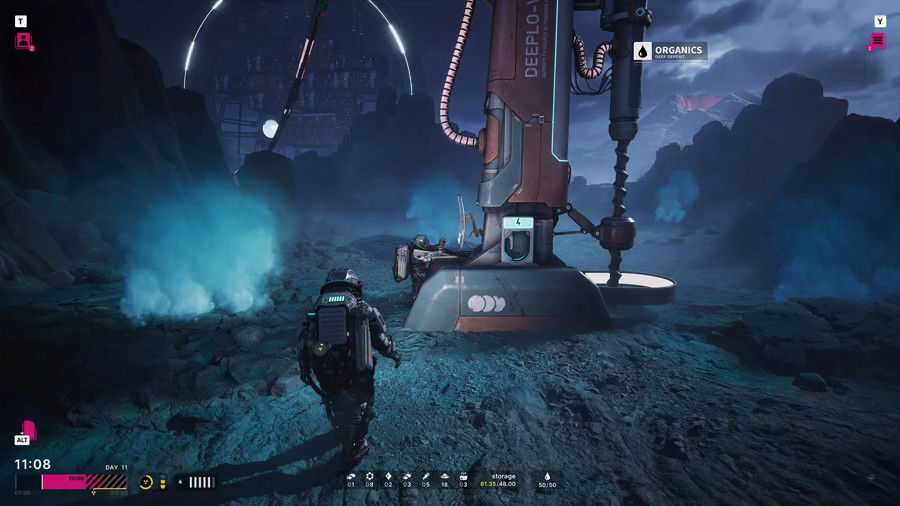
Soundtrack and Ambience
The soundtrack is minimalist but effective. Composed of atmospheric and melancholic tones, the music never overpowers the scenes, reinforcing the feeling of isolation, tension and introspection. In moments of crisis, the sound intensifies subtly, heightening the dramatic power.
The performances are top-notch, with unique interpretations for each Alter. The actor Alex Jordan who played the Alters did an impressive job of bringing to life multiple versions of Jan, with particularities that help differentiate them even without seeing their appearances. The ambient sound is also very well-used, the humming of the station's systems, the muffled sound of footsteps and the noise of the solar storm immerse us in the game's universe.
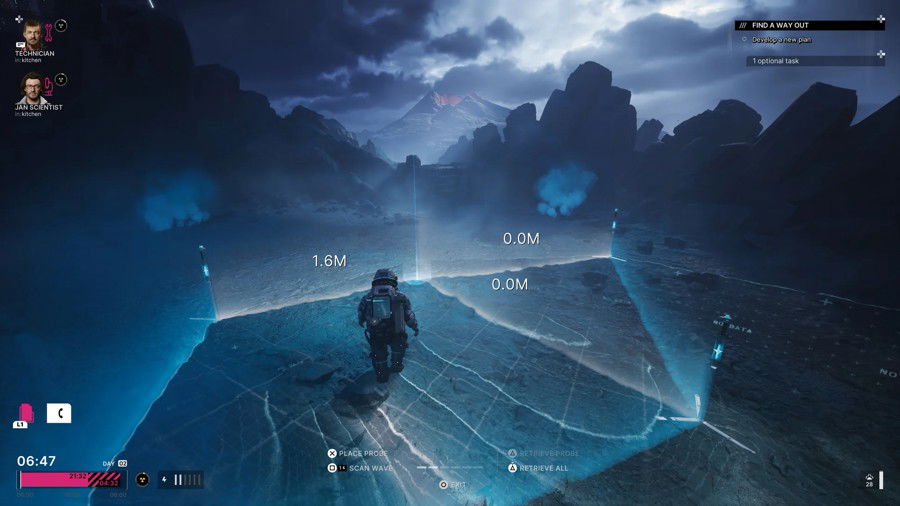
Performance and Technical Aspects
In terms of performance, The Alters is stable most of the time, with fast loading times. On more modest machines, there are reports of frame rate drops during scenes with multiple characters interacting, but nothing that significantly compromises the experience. On consoles, the game runs without any notable problems.
The game also has good accessibility, including subtitle options, time speed control, interface customization, and full support for mouse, keyboard, and controllers.
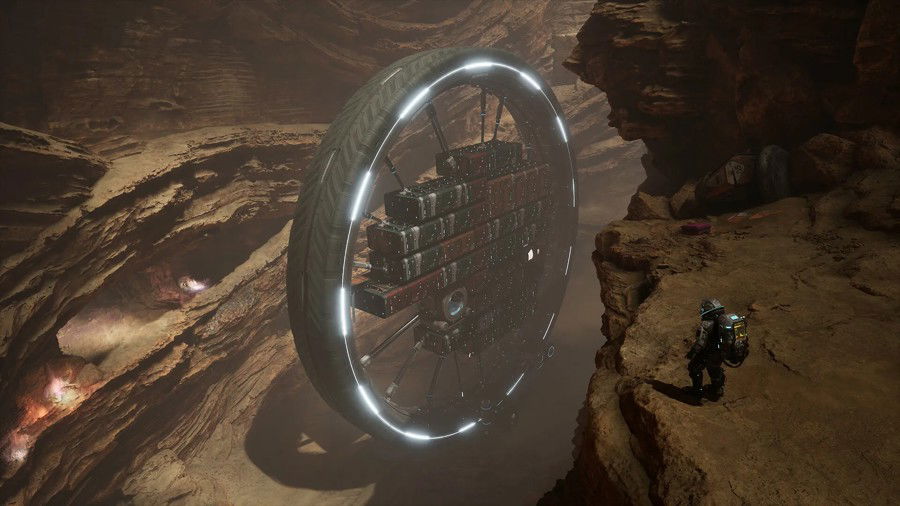
Pros and Cons
Pros:
- Acting and Characterization: Alex Jordan brings each Alter to life with details for each character.
- Smart Systems: The "Keep Production" mode automates many repetitive tasks (like cooking), making the game more free-flowing.
- Immersive Atmosphere: The planet, although visually lifeless, is gorgeous, with glowing lakes, alien rock formations and lighting effects under Unreal Engine 5. Take a moment to glimpse these details that are worth it.
- Dilemmas that Matter: Choices like healing one Alter at the expense of another have emotional weight that makes us think carefully before taking this action.
Cons:
- Repetition: The structure of moving the base, overcoming obstacles, avoiding the sun... can be a bit frustrating for some players, even with new biomes there’s still repetition of tasks, so keep an eye on that.
- Underutilized Systems: The "deep scanning" mechanic for mining is another point that can be quite boring, with little challenge and more contemplation of the environment.
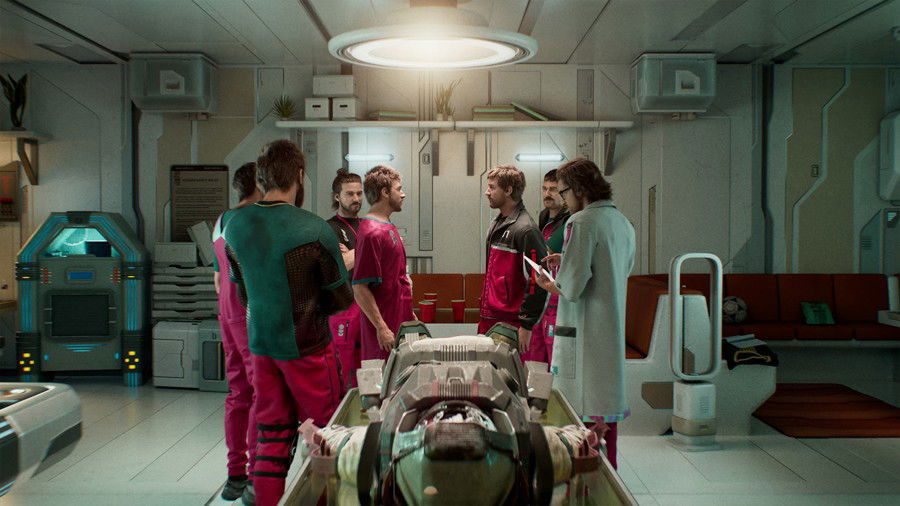
Conclusion: An Experience Worth the Trip
The Alters is a unique experience that challenges the limits of what a game can explore in terms of narrative and theme. It delivers solid management and survival gameplay, and raises existential questions in a mature and impactful way.
Although its pace may not appeal to everyone, especially players looking for constant action, the focus on dialogues and the emotional development of characters requires patience and involvement in the game. But for those looking for a more introspective experience, The Alters is one of the games that made me think the most in recent years.
Even with some flaws in pacing and mechanical depth, its story is emotional and the innovation in the "self-cloning" systems make up for the problems along the way. It’s a game for those looking for sci-fi with soul, and not just action. The game lasts on average 30 hours and has a high potential for replayability (different Alters generate unique scenarios).
At the end of the journey, you haven’t only fought to survive, you’ve confronted all the lives you could’ve lived. And that alone makes The Alters an interactive masterpiece that’s very interesting to experience.
The Alters is available for PC, PlayStation 5 and Xbox Series X/S and also for Game Pass subscribers.









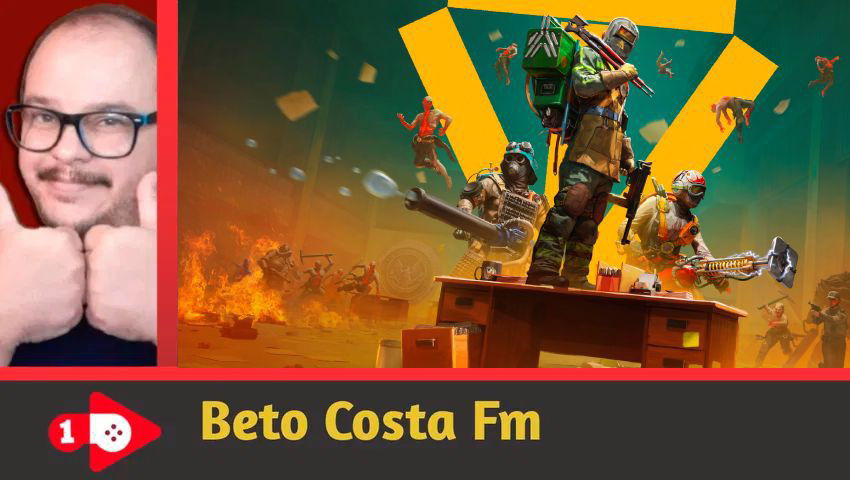
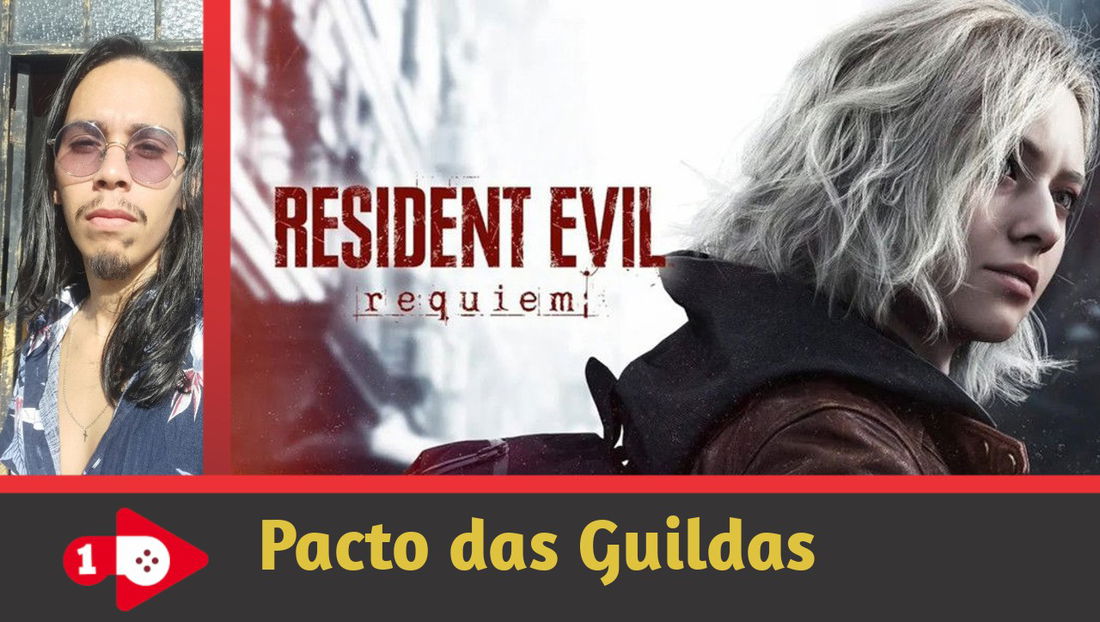



— Comentarios 0
, Reacciones 1
Se el primero en comentar